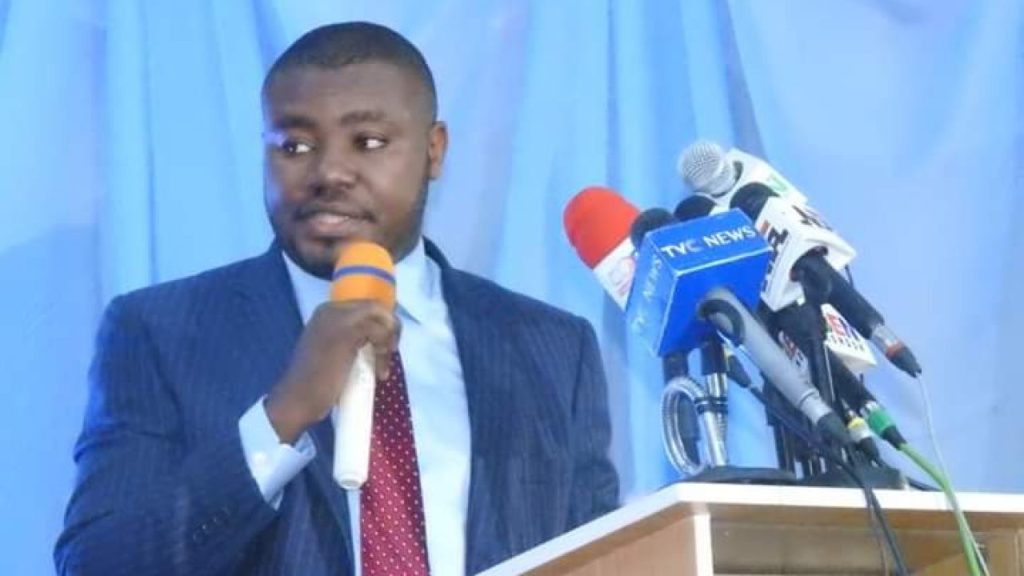Algeria’s Imane Khelif Inspires National Enthusiasm for Women’s Boxing
In the weeks since Algeria’s Imane Khelif won an Olympic gold medal in women’s boxing, the 25-year-old welterweight’s image has become ubiquitous, plastered on billboards, airport advertisements, and boxing gyms across the country. Khelif’s triumph has vaulted her to national hero status, with Algerians from all walks of life rallying behind her amid uninformed speculation about her gender and eligibility to compete.
Amateur boxer Zougar Amina, a medical student practicing for a year, credits Khelif as her idol and role model. "Since I’ve been boxing, my personality has changed: I’m more confident, less stressed," she said, describing the sport as "therapy to fight shyness, to learn to defend myself, to gain self-confidence."
In Ain Taya, a seaside town east of Algiers, local media have dubbed the fervor surrounding Khelif’s success "Khelifmania." At the local gym, young girls dream of becoming the next Khelif, imitating her post-win celebrations and saluting fans. Coach Malika Abassi worries that the surge in interest will outgrow her small gym, with parents calling to enroll their daughters.
Khelif’s story has endeared her to the majority of Algeria’s conservative population, despite criticism from a few prominent imams and Islamist politicians. However, Khelif’s supporters believe that even conservative families will now allow their daughters to take up boxing, citing her as a symbol of female empowerment and a counterweight to societal pressures.
According to former amateur boxer and sports journalist Noureddine Bouteldja, Khelif has transcended the sport of boxing, becoming a "social phenomenon" throughout Algeria. Her resilience and strength in the face of scrutiny have inspired a nation, with many interpreting attacks on her as attacks on their own country.
Boxing coaches and administrators expect a huge spike in registration among young women at the start of the new school year in mid-September. Mourad Meziane, head of the Algerian Boxing League, predicts a "very positive" impact for women’s boxing in the country, with 30 regional leagues and 10,000 athletes participating nationwide.
The impact of Khelif’s success is also expected to reverberate beyond the boxing ring. Civil society figures and activists believe that her story will have a lasting impact on Algerian culture, serving as a counterweight to societal forces that discourage women’s participation in sports. As Attorney Aouicha Bakhti, a prominent feminist and political activist, noted, "This kind of epic helps society, ours in this case, which is in the process of retreating in the face of fundamentalist ideals."



